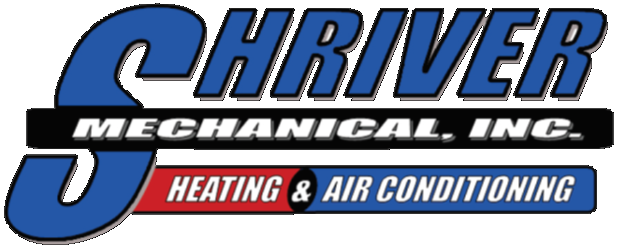The feeling you get when your HVAC starts behaving strangely can be a mixture of frustration and fear. Wondering what could be wrong and how much it might cost to fix are two questions that homeowners dread.
One strange but common occurrence is when an HVAC makes rattling or clunking sounds. If you’re tech-savvy, you might check it out, but it’s not often clear what the issue is. When an HVAC contractor arrives to investigate, they might discover that it’s a case of static pressure problems.
But what is static pressure?
Simply put, static pressure arises when there is poor air circulation around the ductwork of your heater or AC, and that causes decreased airflow that doesn’t reach every space in the system.
The flow of air has to be greater than the resistance, otherwise, the duct suffers intense heat that affects its performance.
Just like the concept of blood pressure; the higher the pressure, the riskier it is for a patient…or an HVAC in this case. You should call a local HVAC contractor, like those at Shriver Mechanical, to handle the issue.
When your HVAC has this issue
A close look will help you figure out whether or not this is a result of static pressure issues or just a different issue with some component of the HVAC.
Expect to experience the following with static pressure in the HVAC –
Equipment failure
Still haven’t replaced the blower or your compressor? Are they getting old? Does your HVAC need maintenance? Any trouble arising from the internal components can initiate static pressure.
Improper airflow
High static pressure is usually the undoing of your HVAC. When the pressure is too high, movement of the system becomes intense, leaving your home in an uncomfortable state.
Noisy systems
When there’s a restriction of airflow, there’s a noisy operation. So, the more pressure on your system, the louder it becomes.
System failure
Systems can occasionally break down. Sometimes it’s just once, or sometimes it can be chronic even with frequent repairs. When components of the system often fail, it’s better to replace them than fix them, because static pressure can reduce the lifespan of your system.
Causes of Static Pressure
A few causes can lead to static pressure including–
- Improper installation of ductwork
- Blockages in ducts
- Bad choice of filter
- Closed dampers
- Poor system design
Until the problem is solved, your system will serve you inefficiently and will be at greater risk of a breakdown.
Here are conditions to look out for –
- Filter: Always mind the filter. A lot of air may be expected to filter across a small area and the thicker the filter, the more the restriction. So, get the right filter for your HVAC and replace it according to the manufacturer’s instructions.
- Ductwork/installation: When the flex duct is saggy or unstable, this could be as a result of poor installation. Regardless, the ductwork can contribute to high static pressure.
- Undersized return air: Issues with the compressor could shorten the lifespan of the system and the function because it doesn’t have the degree of pressure it needs. The blower motor could also fail. The solution is to add a return or make an existing return duct larger.
Keeping your HVAC in check is a good preventive measure so that even when it begins to falter, you might have understood its component well enough to know what to report. This becomes easier if you have an experienced HVAC contractor on the job.
Shriver Mechanical is all about helping you get that fault fixed. When it comes to issues like what is static pressure, we are a reliable HVAC company waiting to visit your home and repair the system as fast as possible. You’re eligible for a free estimate, so go ahead and contact us now at 770-975-1927 for the perfect care for your HVAC.

